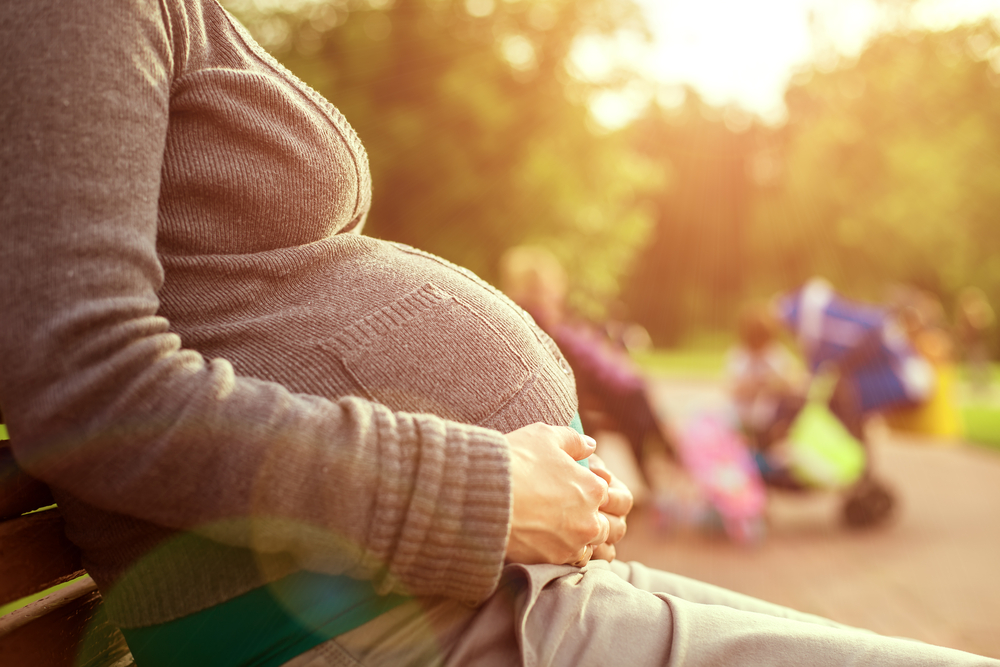Revealing the risk of serious bleeding and clotting events following COVID-19 infection and vaccination
5 December 2022
A UK wide research group investigated the risk of serious blood clotting or bleeding after vaccination and COVID-19 infection in Wales and provided vital data for policy makers and public reassurance.
Overview
During the pandemic concerns developed about whether vaccines, and COVID-19 infection, increased the risk of serious blood clotting or bleeding events. This was partly prompted by a 2021 media release linking the Oxford AstraZeneca vaccine to blood clots which entered major organs.
Research by a large group of scientists and clinicians across the UK proved vital in providing policy-makers and clinicians with the detailed real-time data they needed and providing public reassurance about vaccine safety. A paper published in Scientific Reports entitled “Risk of thrombocytopenic, haemorrhagic and thromboembolic disorders following COVID‐19 vaccination and positive test: a self‐controlled case series analysis in Wales”, investigated risk of these events after each dose of vaccination and COVID-19 infection in Wales.
The challenge
All COVID-19 vaccines passed multiple safety and efficacy checks during clinical trials, however, real-world evaluation is necessary to monitor for rare adverse outcomes in large populations. The challenge is complex because of the need to evaluate risks from:
- the first, second and booster vaccinations
- several different vaccines (Oxford AstraZeneca, Pfizer/BioNTech and Moderna)
- and COVID-19 infection.
Lead author, Mrs Fatemeh Torabi, of the Population Data Science, Faculty of Medicine, Health and Life Science, Swansea University, says:
“The main uniqueness of this research was that we were investigating the risk posed by all the doses, including the booster dose, for the major vaccines.”
The solution
HDR UK part-funded the research, and its nationwide network of scientists allowed a highly skilled interdisciplinary team to be assembled in a major team-science collaboration (the paper lists 30 authors). Mrs Torabi says: “We wouldn’t have been able to gather this level of expertise if it hadn’t been for this established consortium of researchers.”
They conducted population-level research using anonymised healthcare records from 2.06 million people aged over 16 living in Wales. The enabling factor for national scale of the study was the SAIL Databank which holds data from GPs, hospitals and other sources. The team received fresh vaccination and COVID-19 data on a daily basis, allowing them to provide regular real-time analyses to inform UK-level policy and clinical decisions.
Impact
The findings proved significant in shaping decisions on vaccine use – allowing for the minimisation of any risk.
Overall they measured the risk of bleeding and clotting after vaccination and COVID-19. Their findings confirmed a high level of vaccine safety, and that the greatest risk of serious clotting and bleeding events was mostly from falling ill with COVID-19 compared to vaccination.
For some adverse events (including venous thromboembolic events (VTE), arterial thrombosis and stroke) vaccination was linked to reduced risk. In others risk was unaffected. In common with other studies there was suggestive evidence of an increased risk of ITP (idiopathic thrombocytopenic purpura) and arterial thrombosis after a first dose of the Oxford AstraZeneca vaccine.
Some adverse events were extremely rare and the researchers were only able to indicate that there might be a very small increase in risk. These rare events have been investigated in a 4-nation approach within the Data and Connectivity: COVID-19 Vaccines Pharmacovigilance (DaC-VaP) led by Prof. Aziz Sheikh.
In addition to the immediate benefits, the research process has helped pave the way for future four-nation collaborations and for effective responses to health emergencies.
What the impact committee said
The committee stated that the research did a very good job of addressing an important matter of high public interest while demonstrating good team science and successfully managing a complex study design.
For further information contact fatemeh.torabi@swansea.ac.uk



